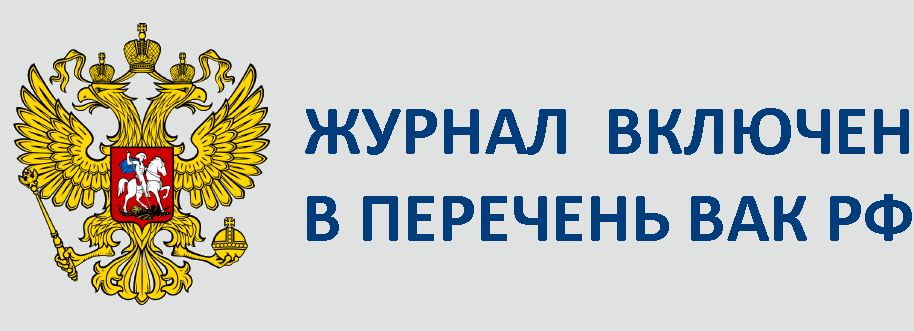№2-2022-03
DOI: 10.22281/2413-9912-2022-06-02-31-37
Blumenau S.F.
MARCH OF THE PARISIANS ON VERSAILLES IN THE AUTUMN OF 1789:
FOOD RIOT OR POLITICAL ACTION?
The events on October 5-6, 1789 were not a trivial food riot caused by a lack of bread in the capital. Political activists in Paris sought to wrest the king from the grasp of the Versailles environment that was hostile to the revolution. At the same time, they remained imbued with «tsarist» sentiments. However, love for the monarch was combined with hatred for his wife — an «Austrian» and a squanderer, who was in their eyes, at the suggestion of embittered pamphleteers, a monster of debauchery. Notably, Louis did not show the lack of will attributed to him by historians. For some time he resolutely defended his positions in the face of the onslaught of the Constituent Assembly. However, the march of the lower classes on Versailles made the monarch more compliant, forced him to go to Paris, where he became a hostage to the revolutionary crowds. For a short period of time the food problem became less acute. The capital remained relatively calm. This facilitated the reformist activities of the deputy corps and resulted in the fundamental social and political reforms of 1790-1791. But in some regions of France tension on church and religious grounds gave rise to bloody clashes. Moreover, the economic situation that worsened later and the war with the neighboring states that began in 1792 led to a further radicalization of the revolution.
Keywords: French Revolution, high cost of bread. march of the Parisians on Versailles, food riot, political actions, Constituent Assembly, Declaration of the Rights of Man and Citizen, articles of the Constitution.
Academician I.G. Petrovskii Bryansk State University (Russia)
Это произведение доступно по лицензии Creative Commons «Attribution-ShareAlike» («Атрибуция — На тех же условиях») 4.0 Всемирная







